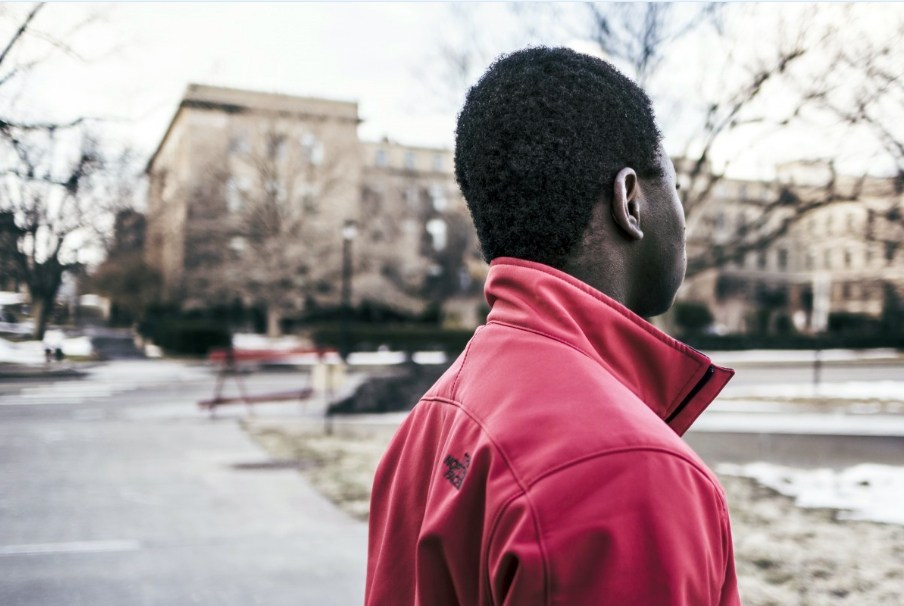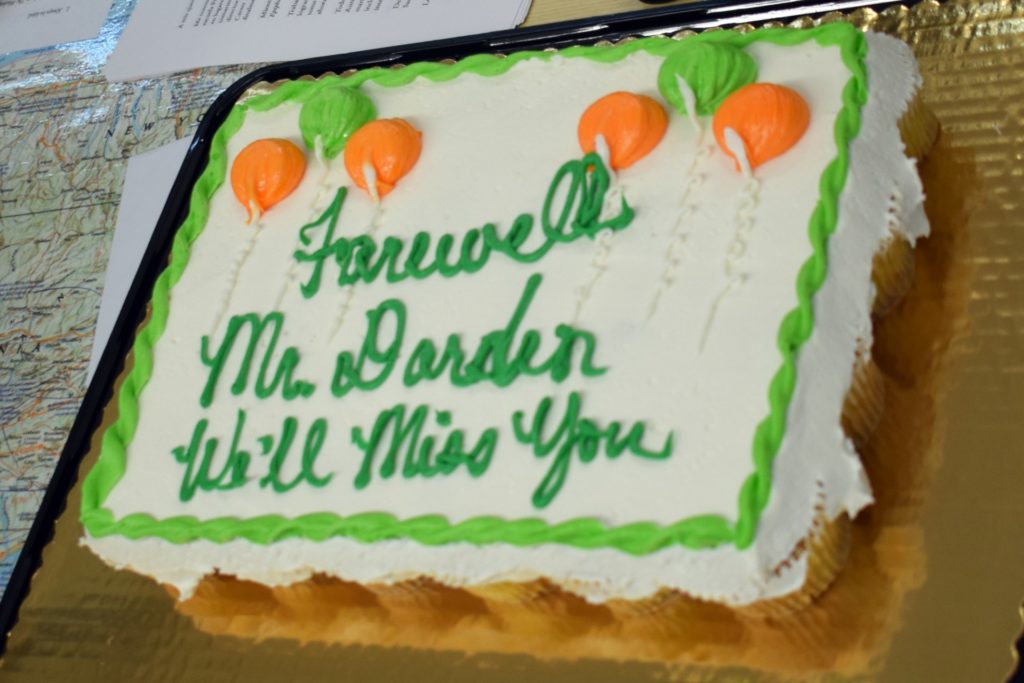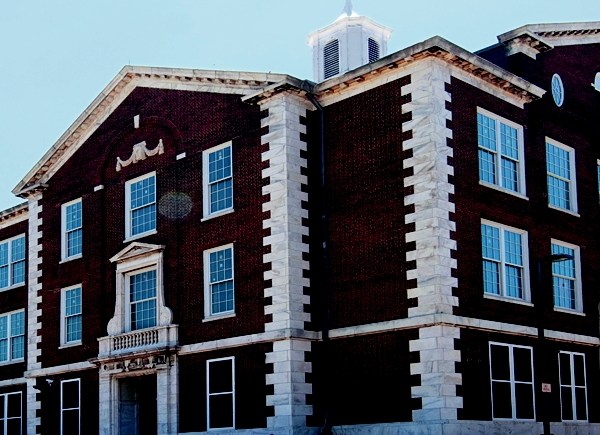December 6, 2018: Breaths shallow, teeth clenched, mouth curled into a sneer: I am livid.
My school is slowly adopting restorative practices to improve our connection to one another and to our students. My organization, The Apollonians, has also adopted restorative practices as a cornerstone principle. We wanted to be part of a group that recognized good ways to deal with inevitable conflict.
So when I discovered there was a new independent film out about restorative practices and the life of one of its practitioners–a black man–I felt I needed to see and support this film. A screening was hosted at my alma mater and I went immediately after work. I wanted to go home, but my colleague said “Darden, one day you will legitimately be too old to feel like doing anything after work. You know you want to see it, so just go.”
I did.
It was okay.
Here’s what made me livid:
After the screening, we were invited to stay for a question and answer session with the main subject of the film and the filmmaker, a white man. After a promising start, in which the subject explained how he came to grant the white filmmaker access to these black lives, I decided to ask my question. I explained that I was a teacher at a local alternative school who has accepted the challenge of bringing restorative practices to our community. I said that, presuming his school was like mine, then there would be a significant number of students with IEPs. How does he, or how does one have a restorative circle when the student has needs that fall outside of the typical realm?
Almost immediately, I knew I had not been heard. Maybe I misspoke. Maybe I wasn’t clear in what I was conveying.
This fellow practitioner–my black brother–begins a screed about relationships, and how when we label students we separate them from us. And he starts bringing up all these examples that simply didn’t apply to my school. Meanwhile, the audience is grunting these affirmations as though what he’s saying is the gospel and it’s Sunday morning.
I remember being very confused, and he’s speaking directly to me as though I am supposed to affirm what he’s saying about relationships. I turned to the audience and said “I don’t know where you people work, but my school isn’t like this.”
And it truly isn’t. I can safely say that the Washington area is full of great so-called “alternative” schools where the faculties are guided by a strong sense of justice and radical love. I really do believe that–even at the schools which may have closed. I would confidently send my opportunity youth to most of the opportunity schools here.
The ‘brother’ continues going on about labeling students. He then–I bullshit you not–uses a white woman as a prop to make a point about assumptions.
By now I am totally aggravated. I was not in any way saying to this man “HEY BOB WE GOT INTELLECTUALLY DELAYED SUPERTHUGS THAT CANT BE IN A CIRCLE” I felt, by this point, I was saying “I need strategies for differentiation.”
But as I looked at him while he reveled in the chorus of Amens and Yaaaaases, I realized a simple truth:
He ain’t one of us.
My friend Joseph just this week shared with his communities that he was tired of this idea of “wokeness” and that it just comes across as performative anyway. In this moment where the subject of this documentary looked past me, literally and figuratively, in order to make a point to a largely white audience, I realized that this was his shtick. This was his zhoozh. This was his routine.
I wasn’t sold. Moreover, I was offended.
As an educator, I asked a direct question that he either failed to understand or chose to ignore. And rather than make the connection, he made assumptions and then spoke to a whole different audience.
The woman sitting behind me was particularly Ameny. As the subject wound down his entry-level commentary to his well-meaning crowd, I had already decided that I would leave. I stay in no space that isn’t my people.
I hissed at the amen corner “I was only asking about differentiation.” She tried to respond to me, but I was already picking up my pea coat and book bag and went for the exit.
I headed down the ramp outside of the auditorium and was almost at the exit turnstiles of the lobby when a white woman came out of the auditorium to speak to me.
Here we go, I thought.
I presumed she was some sort of producer, agent, or manager, judging by the way she spoke.
“I just want to check in,” she said. I wanted to tell her “That restorative shit don’t work on me, lady,” but I didn’t.
I said that the subject had made an example of me, didn’t respond to my question, and didn’t see me.
She explained that the subject uses various questions as launch pads for various talking points he likes to make while on his tour. And since my question was so specific, he just took the opportunity to make it relatable to everyone in the audience. And if I decided to stay until the end of the Q&A, she’s sure the subject would address my question more directly.
I told her that if she was so moved to relay any messages to the subject, to let him know that I am a black man just like him, not a well-meaning white person. That I saw my life in his documentary, and that connection ought to have been enough.
I don’t know if she will tell him anything of the sort. I don’t care a whole lot because the damage has been done: a fellow black man treated me as though I didn’t know what I was talking about in a room full of people who agreed with him, yet they didn’t know me or my story.
But I knew his, and I know he wasn’t one of us.
Who is us?
The people who do it because it’s right, because it’s us, and because we’re here.
I’m talking about whatever it is: justice work, equity work, community service, philanthropy.
I’m talking about my friend who donated a baby stroller to one of my students last year, just because I was asked, and just because I asked her. My same friend who is the mother of #WhitePrivilegeWednesday.
I’m talking about my friend, the preacher, who travels into the worst of the worst communities and serves these youth to help them turn their lives around. Yes, he is a Christian, but he is one of the few who has told me himself that he will serve all youth, gay or straight, cis or trans.
I’m talking about my coworkers, past or present, who could easily be making six figure salaries elsewhere, but choose this work because it’s right, it’s us, and we’re here.
Not because service makes them feel good.
Not because they feel guilty about their privilege.
There will always be those for whom wokeness is a performance. Sometimes, that wokeness performs as a white Kappa with an average shimmy, publishing papers in black spaces. And sometimes that wokeness performs as not seeing your brother as your brother, but instead using him as a point to make in front of a white gaze.
And then for a white woman to come “check in.” T’uh!
I was livid. Now I’m good. My people are still my people and the work is still the work.
The beat goes on.




